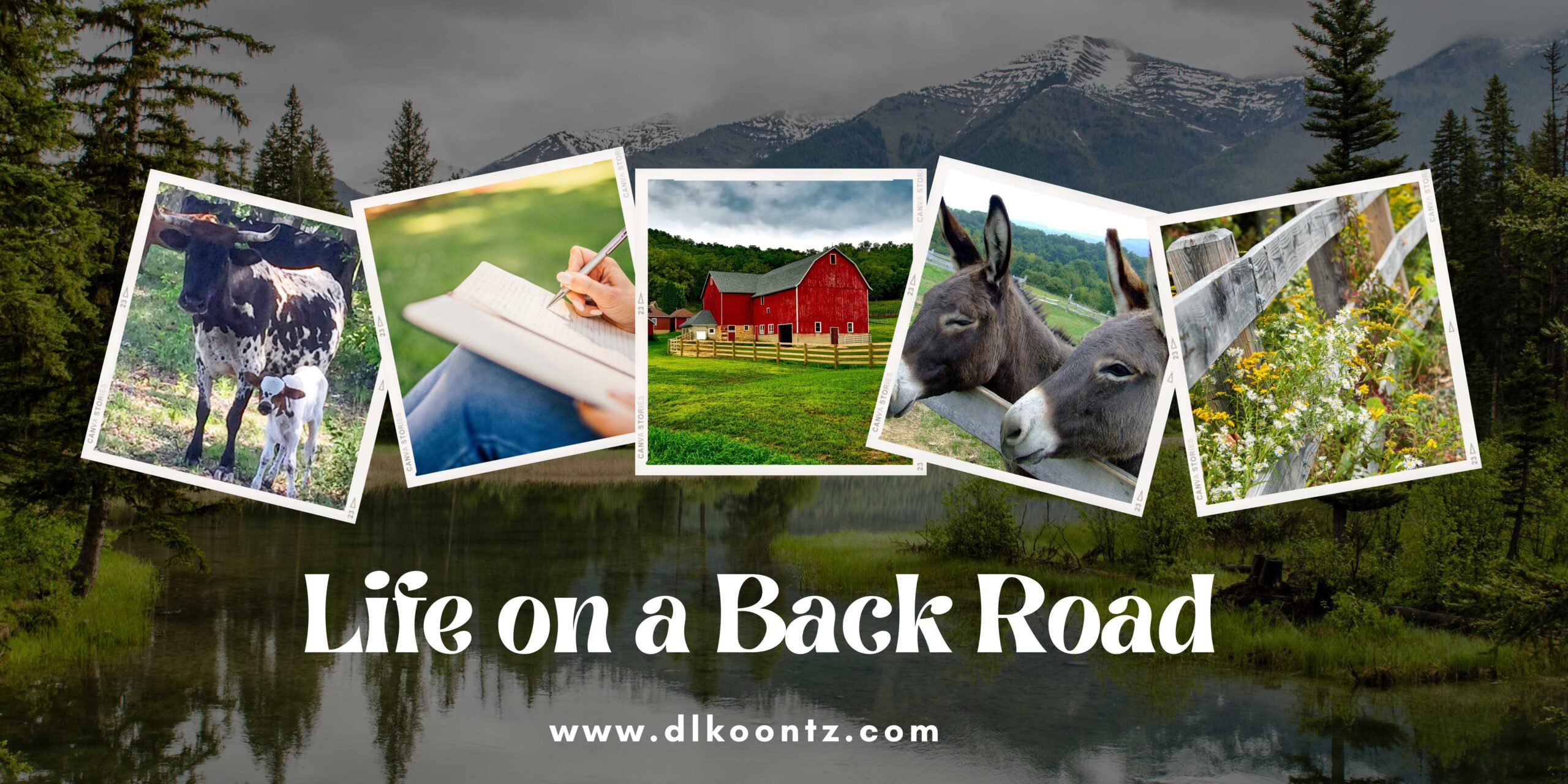In Part I of this Betwixt and Between rumination, I discussed the confusion experienced by we folks living in Marpennsylginia (the mid-Atlantic), caught as we are between our efficient neighbors to the North and our charming neighbors to the South.
Nowhere is this confusion more evident than in our language.
Now, please, I’m not talking the more obvious offenses in language, such as, “He needed killin” which I’m told, in some places in the South, is still thought to be a valid defense.
No, I’m talking the subtle language. The kind that makes you listen just a little more closely.
For example, in their efficient let’s-get-it-done-quickly manner, many parts of the North believe in the economy of words, so they will drop the words, “to be.” Why use more words when fewer will do, and thus it can be said more quickly?
So, the sentence, “The car needs to be washed,” becomes, “The car needs washed.”
“The house needs to be cleaned,” becomes “The house needs cleaned.”
Now, on the opposite end of that brevity is the South, where they take more time to say the same thing.
On my last trip to Georgia, a group of friends was talking about how a particular weed had spread from one field to another. A Northerner might have said, “The weeds grew on this side.”
However, I was in the South at the time, so instead I heard, “It came across from way down yonder there on t’other side o’ the fence.”
Same point, different delivery.
Let’s look at another example of economy of words: In the North, they might make a decision about a trip and will succinctly say, “We’ll go.”
In the South, however, they will advise you that, “We’re fixin’ to go.”
At first, I wondered what was going to be fixed, but eventually I learned to tune out that word to hear the point of the sentence.
Let’s do one more example of economy of words before we move on. In the North, when folks want to react or acknowledge a comment, they say something pithy like, “Yeah,” or “Okay,” or “Wow.”
But in the South, they’ll say something like, “I’ll tell you what,” or “There you go,” leaving the non-Southern listener to wonder what the Southerner is going to say next, when in fact, that verbiage has actually put an end to the thought.
Now, there is one exception to this economy of words that flip-flops the whole theory of the North using fewer words to say the same thing.
The North will say, “I used to be able to do that.”
The South, on the other hand, will shorten that to “I used to could” or more precisely, “I used’ta could.”
In fact, much of the South “used to could” do a lot of things.
So with this kind of verbal influence squeezing in on us from our Northern and Southern brethren, it’s no wonder that here in Marpennsylginia we’ve fashioned phrases of our own as a sort of survival.
Three of my favorite Marpennsylginia sayings:
(1) Probably a nod to the South: You can say whatever you want to say about anybody and your slate will be immediately wiped clean as long as you follow it with these three little words: “Bless her heart.”
It works like this: “Alice is a snoopy old bitty of a neighbor. Bless her heart.”
(2) Probably a nod to the North: Instead of saying, “why,” we say, “How’s come.”
It works like this: “How’s come we have to wash the car today?”
I believe this is Northern influence because, otherwise, it would be, “How did it come to be that that the car needs to be washed today?”…a nice long sentence a Southerner would probably enjoy.
(3) Again, a nod to the South: After someone tells us something, we in Marpennsylginia feel compelled to respond (Southern courtesy) by seeking confirmation (Northern efficiency), so we’ll say, even to the obvious, “Is that right?”
Yes, that’s right, and thanks for reading!
The End (North).
There you go (South).
John 13:34-35 — “A new command I give you: Love one another. As I have loved you, so you must love one another.”





 Historical intrigue interwoven with modern-day suspense and a touch of the mysterious.
Historical intrigue interwoven with modern-day suspense and a touch of the mysterious. Contemporary romantic suspense.
Contemporary romantic suspense.


0 Comments